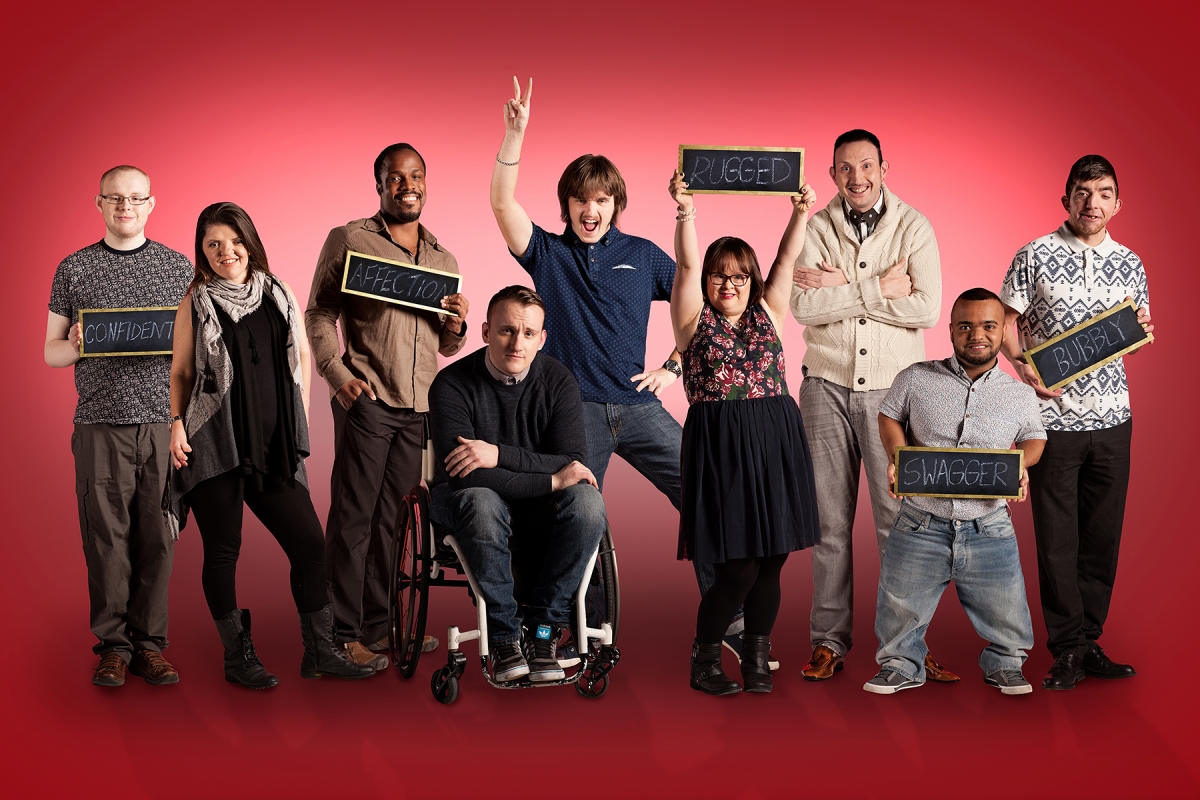Writing after the launch of Channel 4's pioneering 360Ð Diversity Charter, the broadcaster's Ralph Lee says there's never been a stronger sense that the broadcast industry can affect change.
As part of our series of guest posts on diversity in television, Channel 4 Deputy Creative Officer, Ralph Lee, explains why the broadcaster launched its 360° Diversity Charter in Parliament last week.
Diversity isn’t a new topic for Channel 4.
It’s at the core of our public service remit and I don’t think at any point in our history you’d struggle to produce a great showreel of programming with diversity at its heart – from scheduling Walter on the channel’s opening night, or commissioning the first long-running black sitcom Desmonds, through to the ground-breaking coverage of the Paralympics or the launch of Cucumber, Banana and Tofu just this month.
But, in common with all broadcasters, there’s more we can do – and that’s why we set out the most comprehensive commitment in Channel 4’s history on diversity last week with the launch of our 360° Diversity Charter in Parliament. The aim isn’t just to ensure Channel 4’s output reflects all of contemporary Britain, but to make sure that thinking about diversity is at the heart of all of our thinking and all of our activities – on and off screen.
One of the most significant planks of our charter is the Commissioning Diversity Guidelines. Because of our publisher-broadcaster model we can’t do this on our own and we’ve worked closely with Pact and Indies to put together what I believe is a set of guidelines which will allow both commissioners and indies to work collaboratively to address the issue of diversity in front of, and behind, the camera.

They’re purposely not a one-size-fits-all approach because we know that there are different issues in different genres – whether it is a lack of diverse lead characters in scripted programming; not enough female production talent working on entertainment shows; or low numbers of BAME or disabled producers and directors in factual . They will be challenging – if they weren’t then we probably wouldn’t be changing anything – but we’ll be giving support and training to help commissioners and producers achieve them.
Rather than restricting diversity to a specific proportion of our output the idea is that across every single commission we make in every part of the schedule, there will be a conversation at the very start about what the ambition is for diversity on that production. As we’ve shown with some of our biggest hits like Gogglebox, Educating Yorkshire, The Undateables and The Last Leg – being diverse is far from being dull and worthy.
It’s now very significant that all the major broadcasters are aligned with the ambition to increase diverse representation, on and off-screen. We all have different ways of achieving this, but there has never been a stronger sense that the broadcasting industry can effect change.
Read more:
Channel 4 unveils new diversity charter
Diversity in television: Positive action vs positive discrimination
TV Diversity: Who Will Win Your Vote?

